43 in semantic segmentation pixel labels
An overview of semantic image segmentation. - Jeremy Jordan Common datasets and segmentation competitions Further reading More specifically, the goal of semantic image segmentation is to label each pixel of an image with a corresponding class of what is being represented. Because we're predicting for every pixel in the image, this task is commonly referred to as dense prediction. GitHub - venkanna37/Label-Pixels: Label-Pixels is a tool for semantic ... Label-Pixels is the tool for semantic segmentation of remote sensing imagery using Fully Convolutional Networks (FCNs). Initially, this tool developed for extracting the road network from high-resolution remote sensing imagery. And now, this tool can be used to extract various features (Semantic segmentation of remote sensing imagery).
How to to drop a specific labeled pixels in semantic segmentation For semantic segmentation you have 2 "special" labels: the one is "background" (usually 0), and the other one is "ignore" (usually 255 or -1). "Background" is like all other semantic labels meaning "I know this pixel does not belong to any of the semantic categories I am working with".
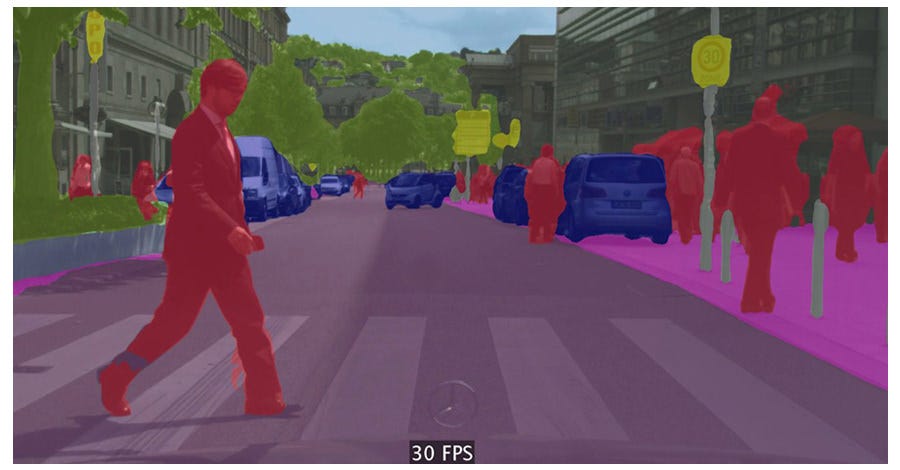
In semantic segmentation pixel labels
Understanding Images from Pixel Level with Semantic Segmentation - DeepLobe In semantic segmentation, every pixel of an image is associated with a class label as it treats multiple objects of the same class as a single entity. For example, in the above image, there are classes labeled as "camel", "man", "water", "sand", "sky" and any pixel belonging to any camel is assigned to the same "camel" class. Semantic Segmentation - The Definitive Guide for 2021 - cnvrg The process of linking each pixel in an image to a class label is referred to as semantic segmentation. The label could be, for example, cat, flower, lion etc. Semantic segmentation can be thought of as image classification at pixel level. Therefore, in semantic segmentation, every pixel of the image has to be associated with a certain class label. Coarse-to-fine Semantic Segmentation from Image-level Labels Semantic segmentation, the task of assigning semantic labels to each pixel in images, is of great importance in many computer vision applications such as autonomous driving, human-machine interaction, and image search engines.
In semantic segmentation pixel labels. Augment Pixel Labels for Semantic Segmentation Semantic segmentation training data consists of images represented by numeric matrices and pixel label images represented by categorical matrices. When you augment training data, you must apply identical transformations to the image and associated pixel labels. This example demonstrates three common types of transformations: PDF Semi-Supervised Semantic Segmentation Using Unreliable Pseudo-Labels The crux of semi-supervised semantic segmentation is to assign adequate pseudo-labels to the pixels of unlabeled images. A common practice is to select the highly confident predictions as the pseudo ground-truth, but it leads to a problem that most pixels may be left unused due to their unreliability. Semantic Segmentation Using Pixel-Wise Adaptive Label Smoothing via ... Here, we propose a new regularization method called pixel-wise adaptive label smoothing (PALS) via self-knowledge distillation to stably train semantic segmentation networks in a practical ... How To Label Data For Semantic Segmentation Deep Learning Models ... In semantic segmentation annotated images, each pixel in image belongs to a single class, as opposed to object detection where the bounding boxes of objects can overlap over each other.
Augment Pixel Labels for Semantic Segmentation - MathWorks Semantic segmentation training data consists of images represented by numeric matrices and pixel label images represented by categorical matrices. When you augment training data, you must apply identical transformations to the image and associated pixel labels. This example demonstrates three common types of transformations: How can I create a pixel labelled image for Semantic Segmentation? If I understood correctly, imageDatastore holds the actual image and not the pixel labels for that image. EDIT: On my system pxDir points to 'C:\Program Files\MATLAB\R2017a\toolbox\vision\visiondata\buildingPixelLabels' . Understanding Semantic Image Segmentation and Its Use Cases Semantic segmentation splits an image into segments (classes), not leaving a single pixel unattributed. In our example from the Maldives above, there are three segments: the sun, the ocean, and the sky. Labelers use different colors to match each, especially minding the borders. This way, every single pixel belongs to a class and has its color. Pixel-Label-Based Segmentation of Cross-Sectional Brain MRI Using ... Semantic Segmentation. In semantic segmentation, the image is segmented on a pixel-label basis, that is, each pixel is associated with a certain defined class. Its applications include scene understanding, autonomous driving, object recognition, machine translation, and machine vision. Semantic segmentation has been improved by using full CNNs ...
Contrastive Learning for Label-Efficient Semantic Segmentation Different from [supcon], this work focuses on much tougher pixel-level semantic segmentation task, and proposes a pixel-wise label-based contrastive loss. Since collecting labeled data for the task of semantic segmentation is difficult, we focus on the limited labeled data setting, and show that label-based contrastive pretraining is highly ... Semantic segmentation data labeling and model training using Amazon ... In computer vision, semantic segmentation is the task of classifying every pixel in an image with a class from a known set of labels such that pixels with the same label share certain characteristics. It generates a segmentation mask of the input images. For example, the following images show a segmentation mask of the cat […] FFNet: Feature Fusion Network for Few-shot Semantic Segmentation Semantic segmentation aims at assigning a category label to each pixel in an image. It is a fundamental task of various applications such as video surveillance [ 1, 2 ], image editing [ 3] and medical diagnosis [ 4 ]. Deep learning has achieved extraordinary breakthroughs in semantic segmentation. Semantic Segmentation; A brief overview - KlearStack AI Semantic segmentation is the process where we classify each pixel of an image that belongs to a particular label/ class. There is no difference between separate instances of the same object. For example, if the image contains two apples, semantic segmentation will give all pixels of both apples the same name. Instance Segmentation
Multi-layer pseudo-supervision for histopathology tissue semantic ... Since the information gap between patch-level classification labels and pixel-level segmentation labels is huge. The pseudo masks generated from patch-level annotations are no doubt incomplete and imperfect. It is the reason why we proposed MLPS to provide as much information as possible from different layers of the classification model.
(SP)Net for Generalized Zero-Label Semantic Segmentation In generalized zero-label semantic segmentation (GZLSS) [ 5, 11, 19, 31 ], the goal is to make pixel-level predictions for both seen classes with abundant labels and novel classes without any label. Prior methods mainly focus on learning feature generators [ 5, 11, 19] or a semantic projection layer [ 31 ].
Label Pixels for Semantic Segmentation - MathWorks Label Pixels for Semantic Segmentation The Image Labeler , Video Labeler, and Ground Truth Labeler (Automated Driving Toolbox) apps enable you to assign pixel labels manually. Each pixel can have at most one pixel label. The labels are used to create ground truth data for training semantic segmentation algorithms. Start Pixel Labeling
Label Pixels for Semantic Segmentation - MATLAB & Simulink - MathWorks Label Pixels for Semantic Segmentation The Image Labeler , Video Labeler, and Ground Truth Labeler (Automated Driving Toolbox) apps enable you to assign pixel labels manually. Each pixel can have at most one pixel label. The labels are used to create ground truth data for training semantic segmentation algorithms. Start Pixel Labeling
Label Pixels for Semantic Segmentation - MATLAB & Simulink - MathWorks 한국 Label Pixels for Semantic Segmentation. The Image Labeler, Video Labeler, Ground Truth Labeler (Automated Driving Toolbox), and Medical Image Labeler (Medical Imaging Toolbox) apps enable you to assign pixel labels manually. Each pixel can have at most one pixel label. The labels are used to create ground truth data for training semantic segmentation algorithms.
Beginner's Guide to Semantic Segmentation [2022] Semantic Segmentation in V7 The goal is simply to take an image and generate an output such that it contains a segmentation map where the pixel value (from 0 to 255) of the iput image is transformed into a class label value (0, 1, 2, … n). An overview of the Semantic Image Segmentation process
What exactly is the label data set for semantic segmentation using FCN? In semantic segmentation, the label set semantically. Which mean every pixels have its own label. For example, we have 30x30x3 image dimensions, so we will have 30x30 of label data. Every pixels in...
Semantic segmentation of an image with multiple labels per pixel The training set has pixels of colors r0, r1, r2, r3, g0, g1, g2, g3, b0, b1, b2, b3, but it has no pixels of color r0g1b2 or of color r2g3b0. Three separate models (one per channel) will easily learn to predict the channel category, but it will never output r0g1b2 and r2g3b0 classes in 64 class model because it have never seen those classes.
Semantic Segmentation using Deep Lab V3 - Deep Learning Analytics Semantic Segmentation at 30 FPS using DeepLab v3. Semantic segmentation is the process of associating each pixel of an image with a class label, (such as flower, person, road, sky, ocean, or car). This detailed pixel level understanding is critical for many AI based systems to allow them overall understanding of the scene.
Introduction to Semantic Image Segmentation - Medium More precisely, semantic image segmentation is the task of labelling each pixel of the image into a predefined set of classes. Segmentation of images ( Source) For example, in the above image...
Coarse-to-fine Semantic Segmentation from Image-level Labels Semantic segmentation, the task of assigning semantic labels to each pixel in images, is of great importance in many computer vision applications such as autonomous driving, human-machine interaction, and image search engines.
Semantic Segmentation - The Definitive Guide for 2021 - cnvrg The process of linking each pixel in an image to a class label is referred to as semantic segmentation. The label could be, for example, cat, flower, lion etc. Semantic segmentation can be thought of as image classification at pixel level. Therefore, in semantic segmentation, every pixel of the image has to be associated with a certain class label.
Understanding Images from Pixel Level with Semantic Segmentation - DeepLobe In semantic segmentation, every pixel of an image is associated with a class label as it treats multiple objects of the same class as a single entity. For example, in the above image, there are classes labeled as "camel", "man", "water", "sand", "sky" and any pixel belonging to any camel is assigned to the same "camel" class.



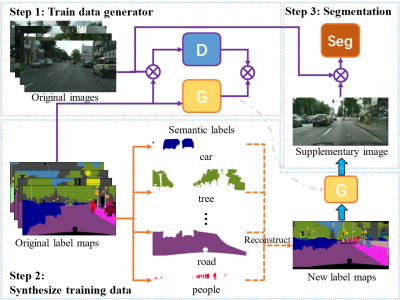
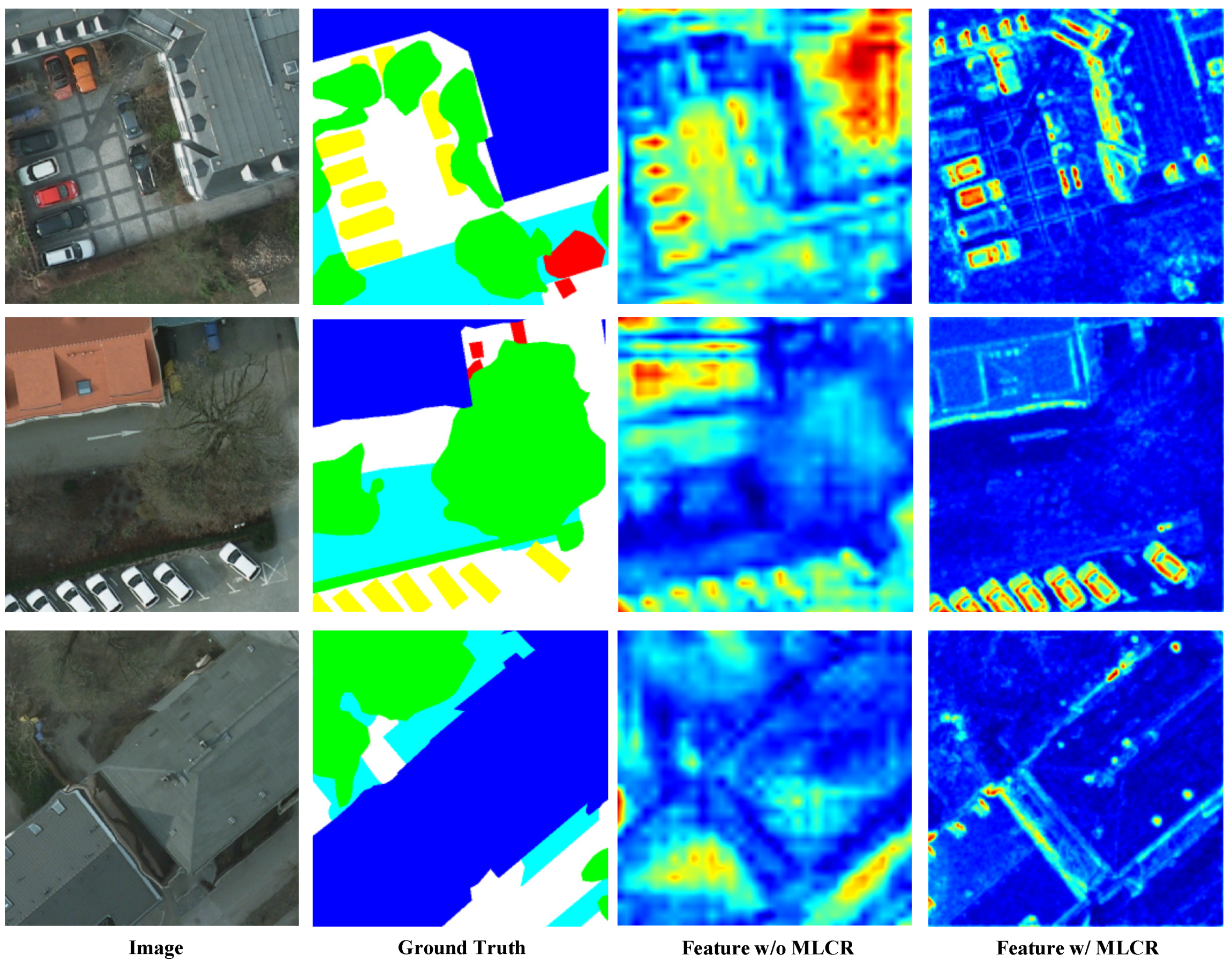

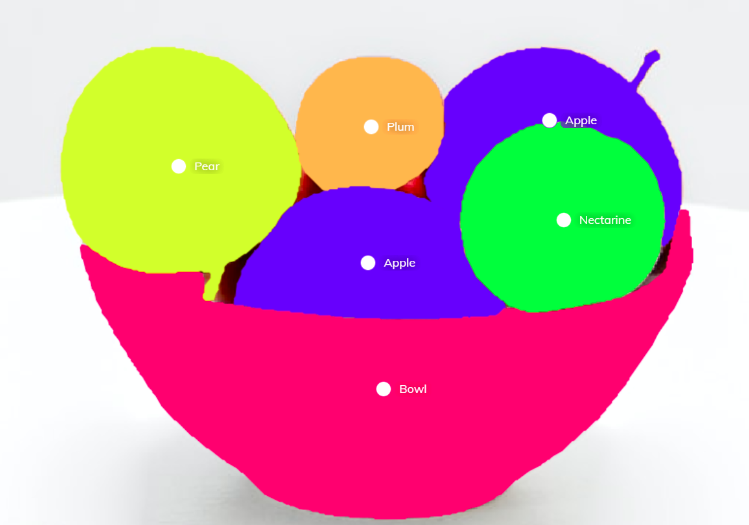


![Beginner's Guide to Semantic Segmentation [2022]](https://assets-global.website-files.com/5d7b77b063a9066d83e1209c/616b648b00d9595e571bd77b_an-overview-of-semantic-image-segmentation%20(1).png)

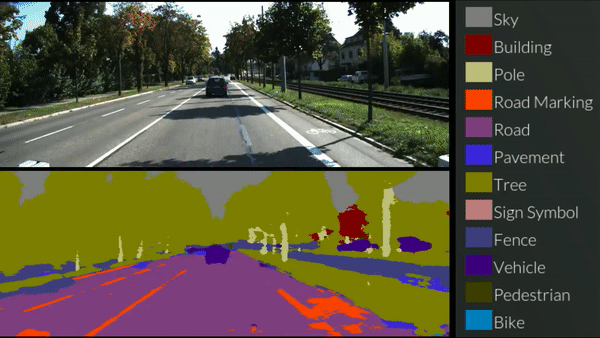
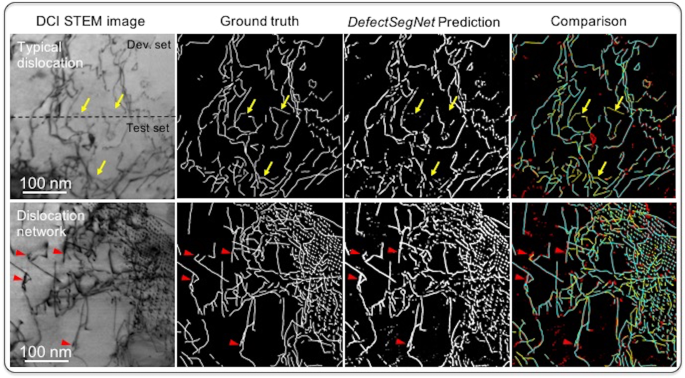
![PDF] Learning from Pixel-Level Label Noise: A New Perspective ...](https://d3i71xaburhd42.cloudfront.net/2fa787a1c003c614e48d5b7c2cb3a829d02cb83a/8-Figure4-1.png)



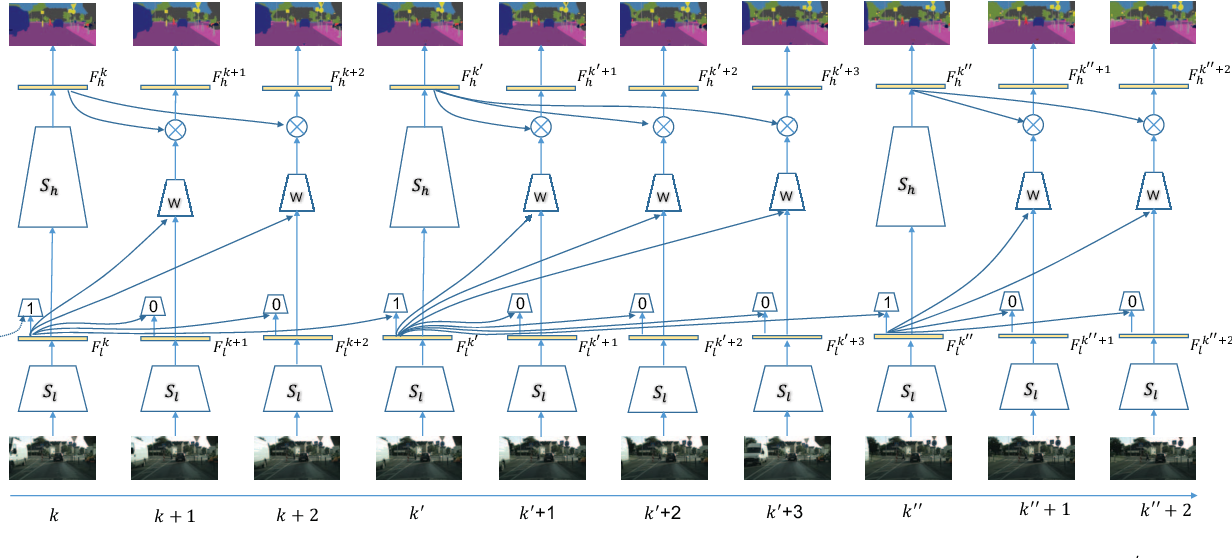
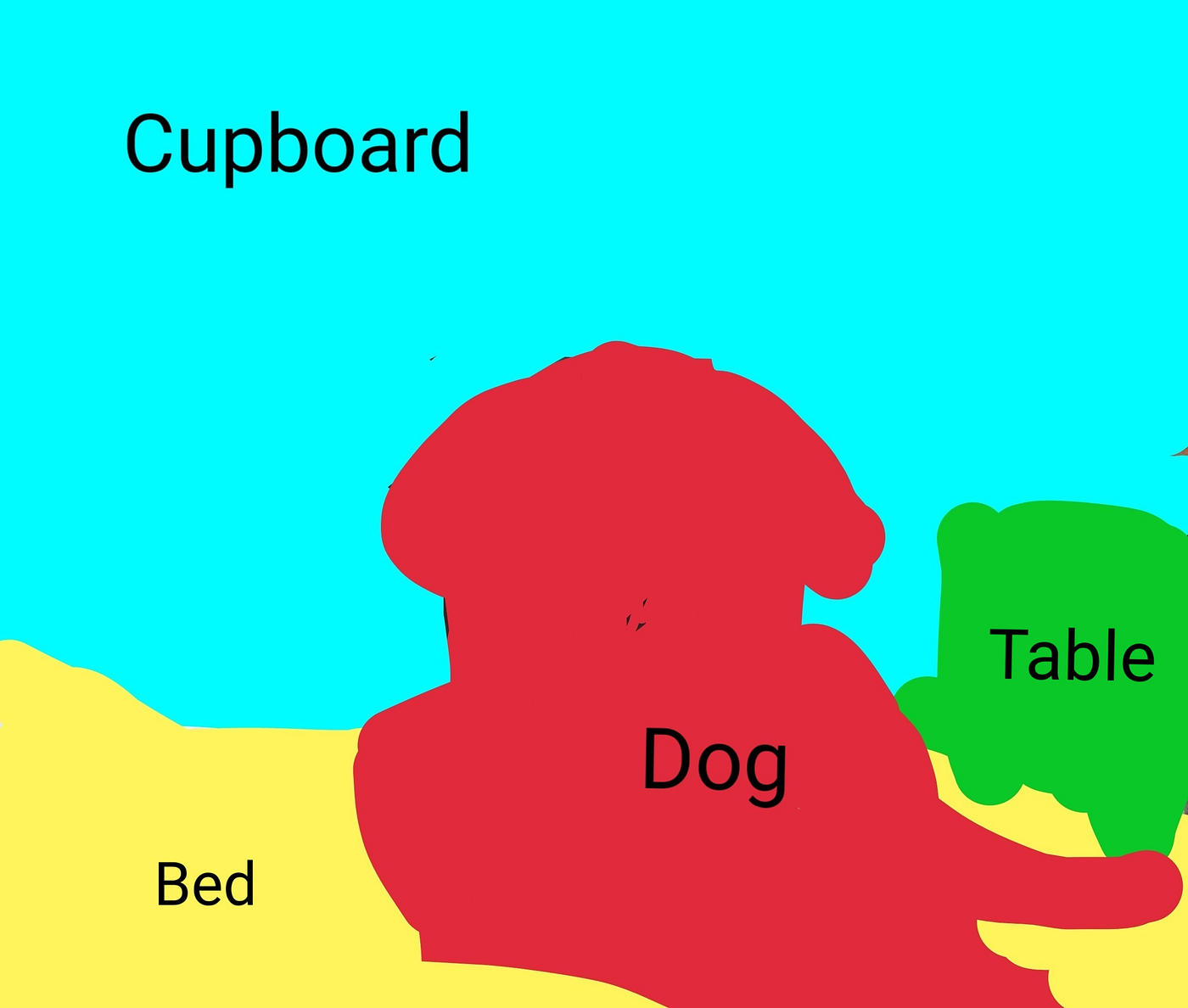
![Beginner's Guide to Semantic Segmentation [2022]](https://assets-global.website-files.com/5d7b77b063a9066d83e1209c/614ca8d2d8b99f6c486dbdd7_V7%20dashboard.PNG)
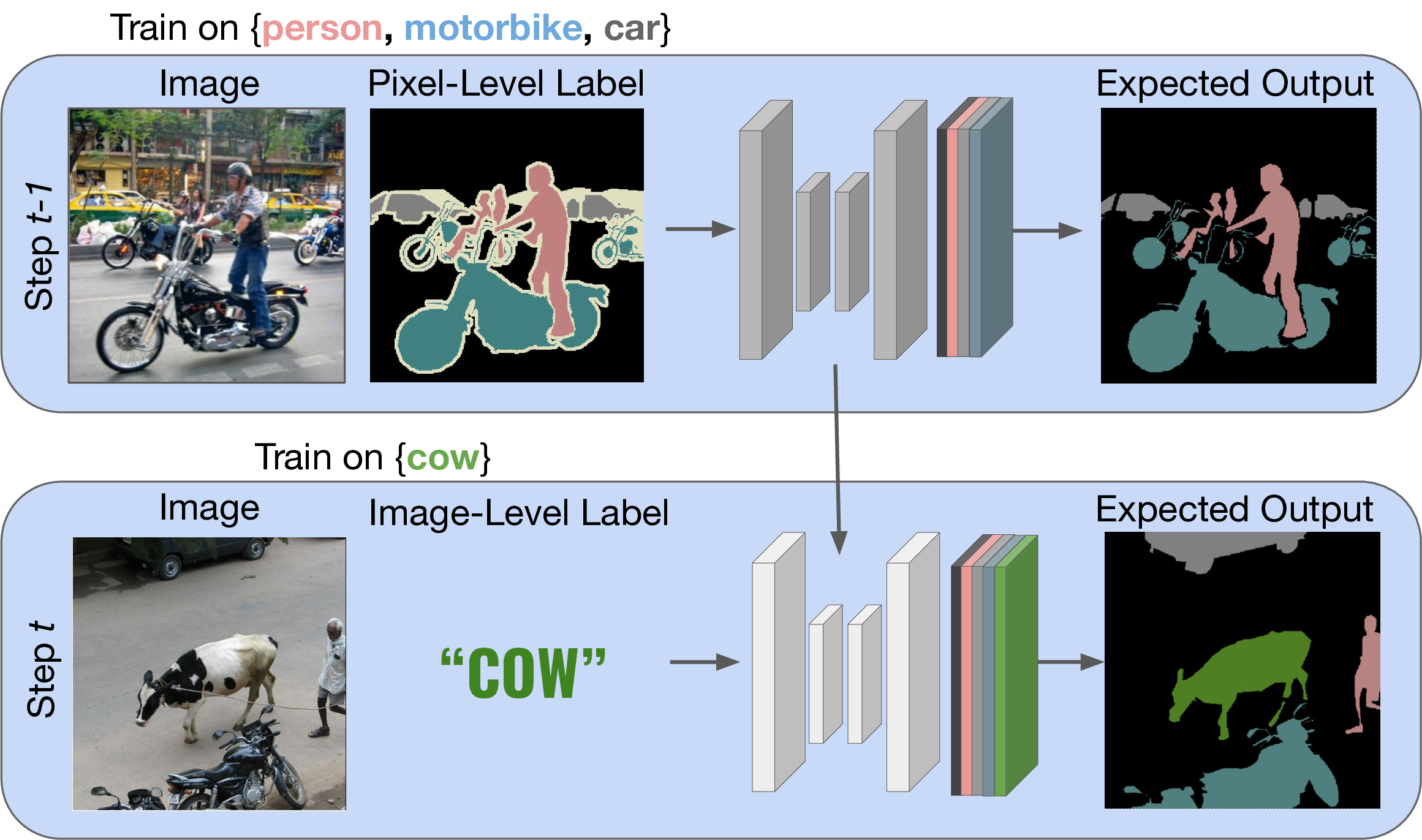
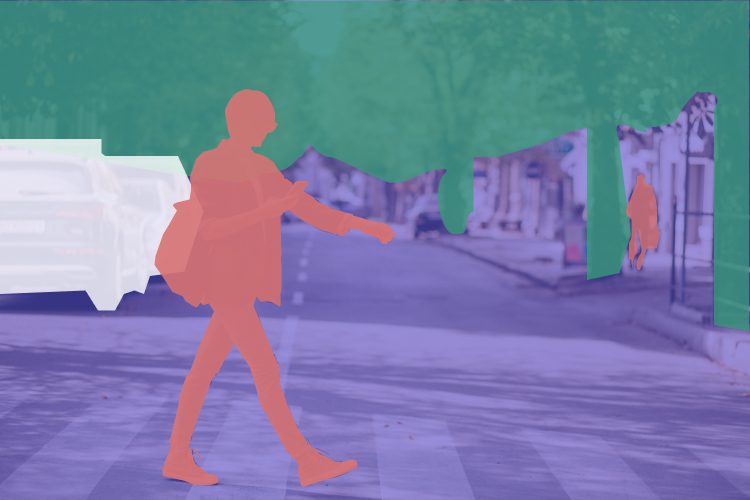

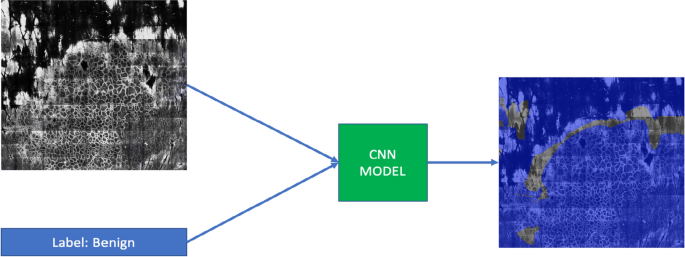
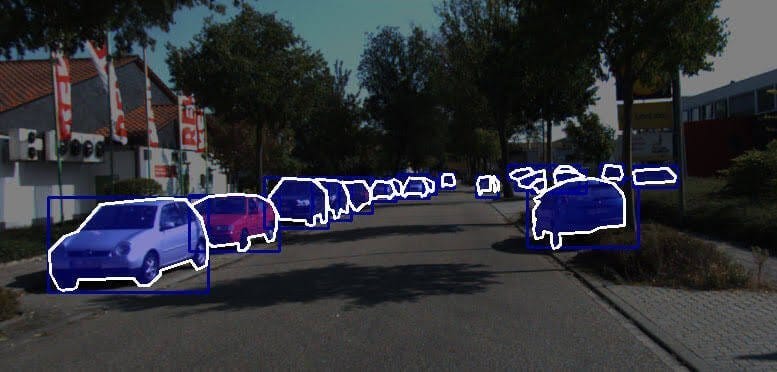


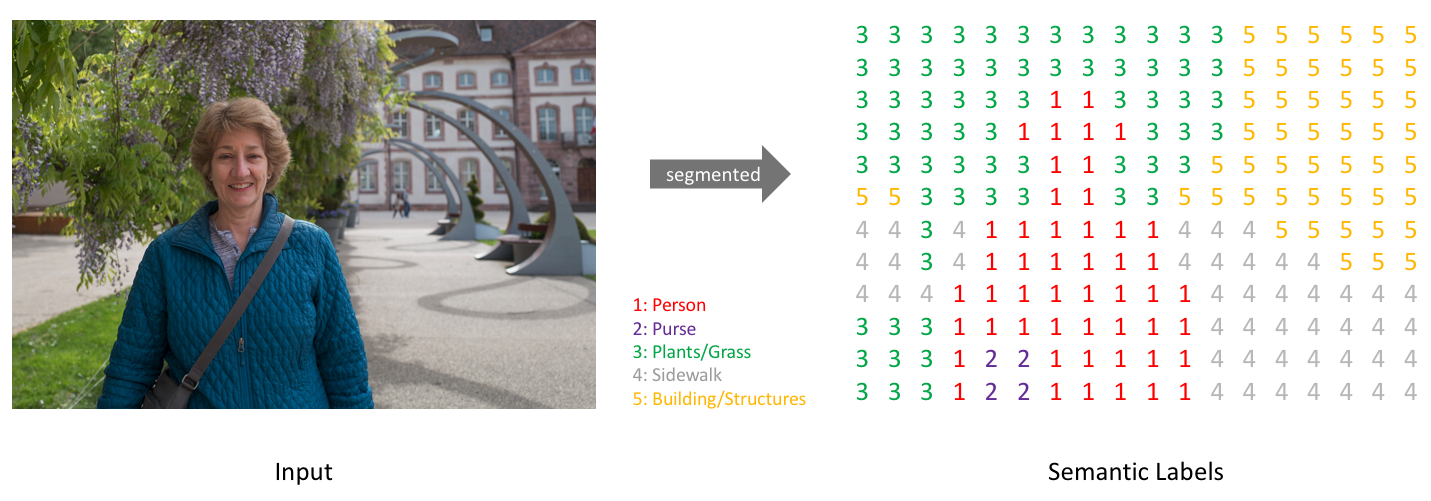
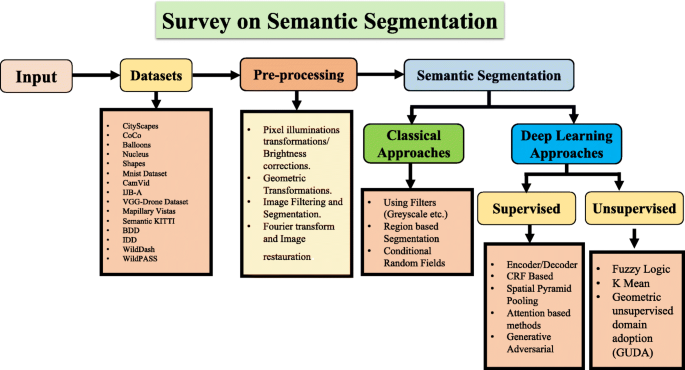



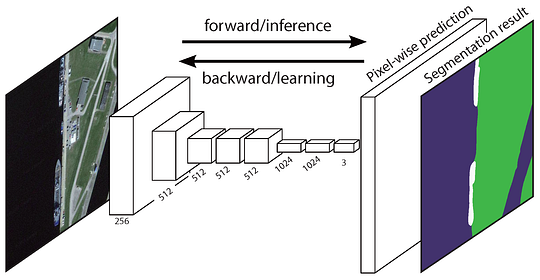

![Beginner's Guide to Semantic Segmentation [2022]](https://assets-global.website-files.com/5d7b77b063a9066d83e1209c/6142d62d3efe19a3b6a014dc_KAdsuwHVEkjwepkomHRw6YuKVsvRj8n_DBbLhyAHVi2A5SU0K0ERlrDPVzDNs3ZsceUk9uPZezG_p2i0-_IV8G9dbXIQ7bq2PVW-Pxh9ztzpWGQzv-TGOg_60GdPsTAZpQkAV2GM%3Ds0.png)
Post a Comment for "43 in semantic segmentation pixel labels"